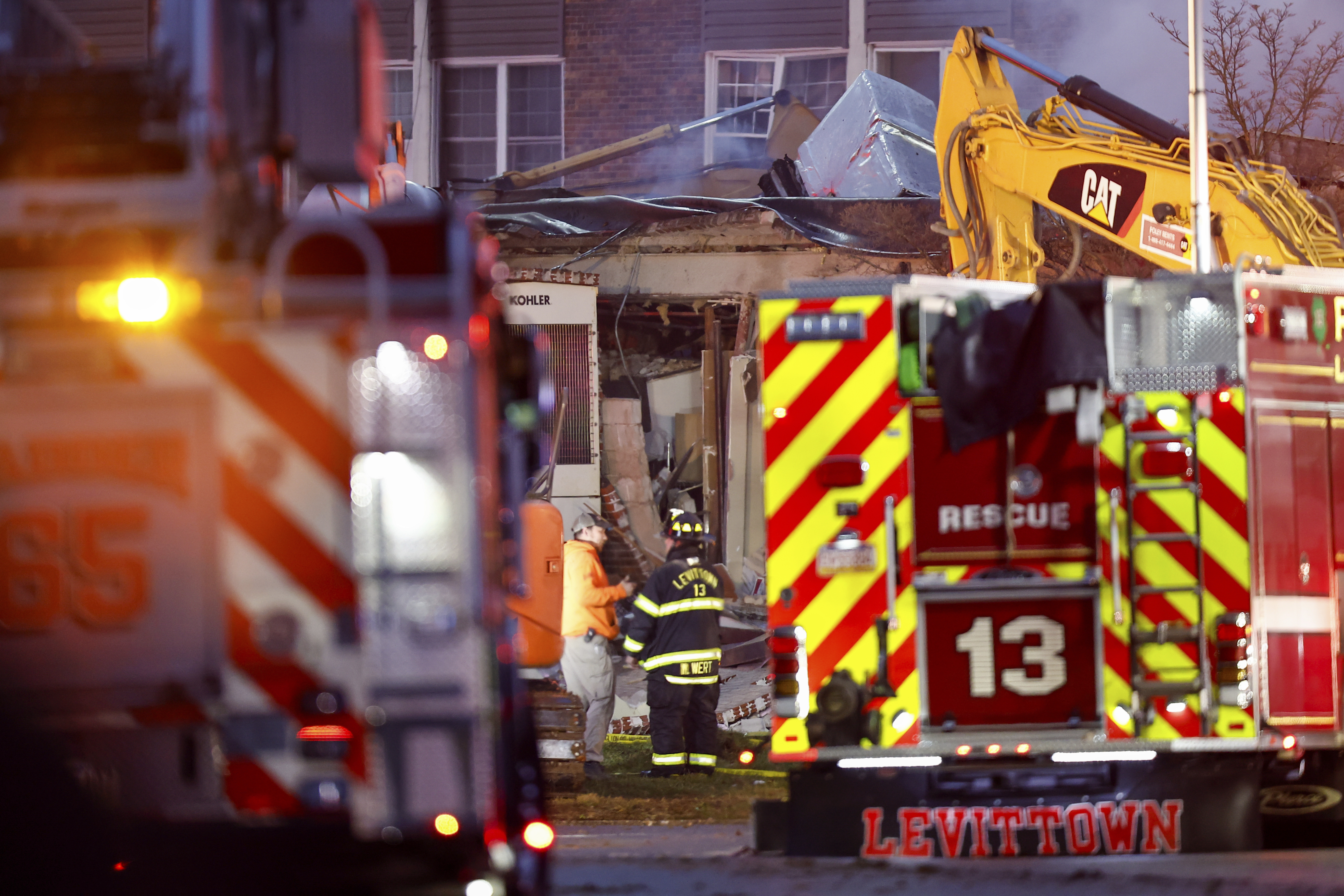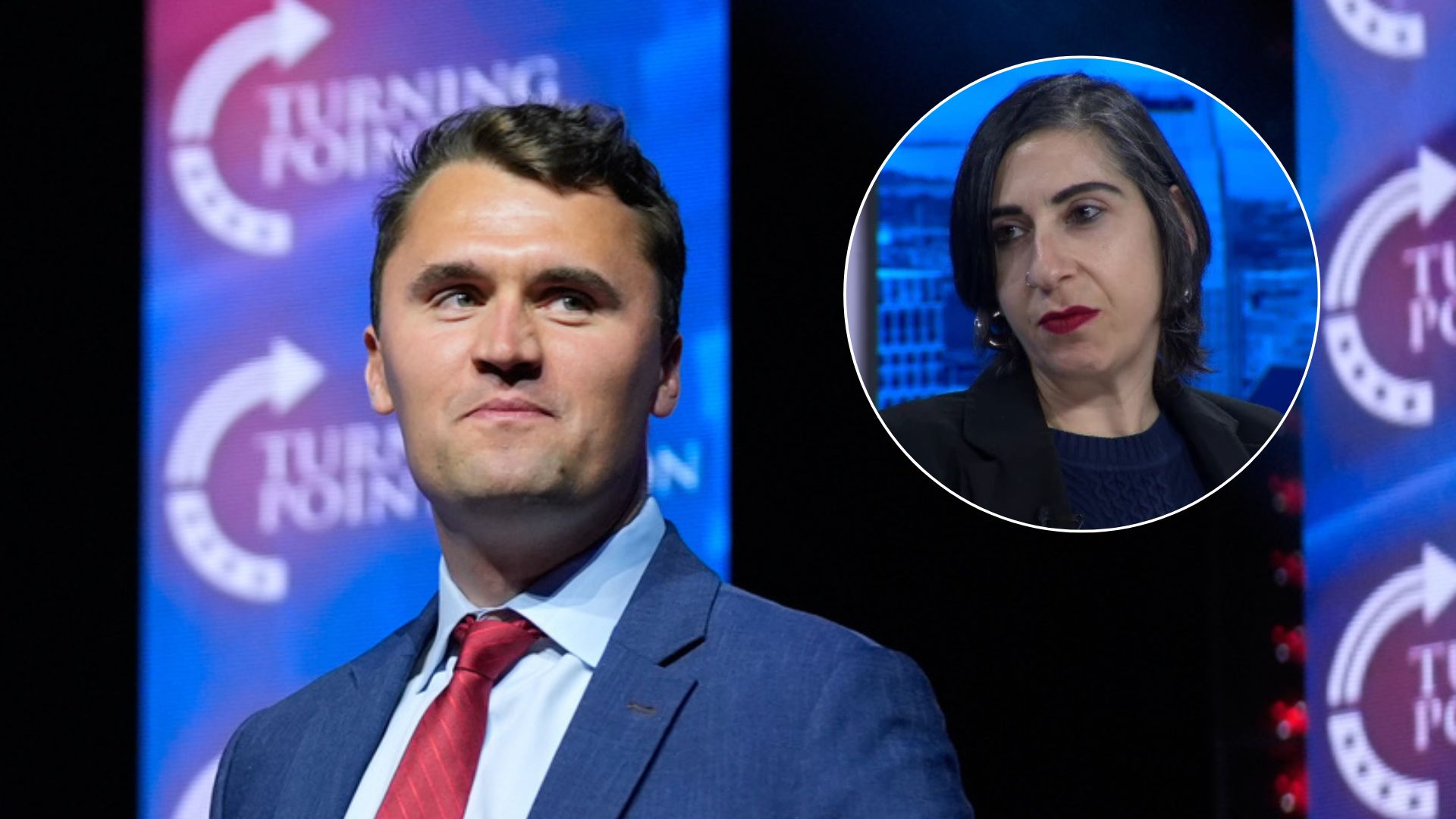A retired Air Force general testifying before the House Oversight Committee Thursday said the military should have done more to try and rescue the four Americans killed during the infamous Sept. 11, 2012 Benghazi attacks.
"There are accounts of time, space and capability, discussions of the question, 'Could we have gotten there in time to make a difference?' ... The point is, we should have tried." (Via C-SPAN)
That was former Brigadier General Robert Lovell, who was stationed at U.S. Africa Command at the time of the attacks. He said the military was stuck waiting for the State Department's go-ahead to respond. (Via CNN)
Critics have long attacked the Obama administration's handling of the 2012 attack on a U.S. diplomatic mission to Libya in Benghazi, which killed four Americans including Ambassador J. Christopher Stevens. The administration initially downplayed any terrorist connections to the attack, blaming the violence on escalating anti-U.S. protests over an anti-Muslim YouTube video. (Via Al Jazeera, Fox News)
But Lovell testified U.S. military officials realized early on that the attacks were linked to terrorism. He told the committee, "What we did know early on was that this was a hostile action. ... This was no demonstration gone terribly awry." (Via The Hill)
Lovell's testimony goes against statements by other military and legislative officials, who've testified the military couldn't have made a difference during the attacks. The House Armed Services Committee has previously said no military assets could have reached the embassy in time.
The Committee Chairman, Republican Buck McKeon, called Lovell's testimony into question Thursday, saying Lovell "did not serve in a capacity that gave him reliable insight into operational options available to commanders during the attack."
The testimony comes one day after Judicial Watch published a newly declassified email from White House adviser Ben Rhodes, "to underscore that these protests are rooted in an Internet video, and not a broader failure or policy." That email is being presented as proof that the White House pushed a false narrative in the days after the attack.
White House Press Secretary Jay Carney defended the newly released emails Wednesday, saying they were referring to general protests across the Middle East, and not specifically to Libya.











